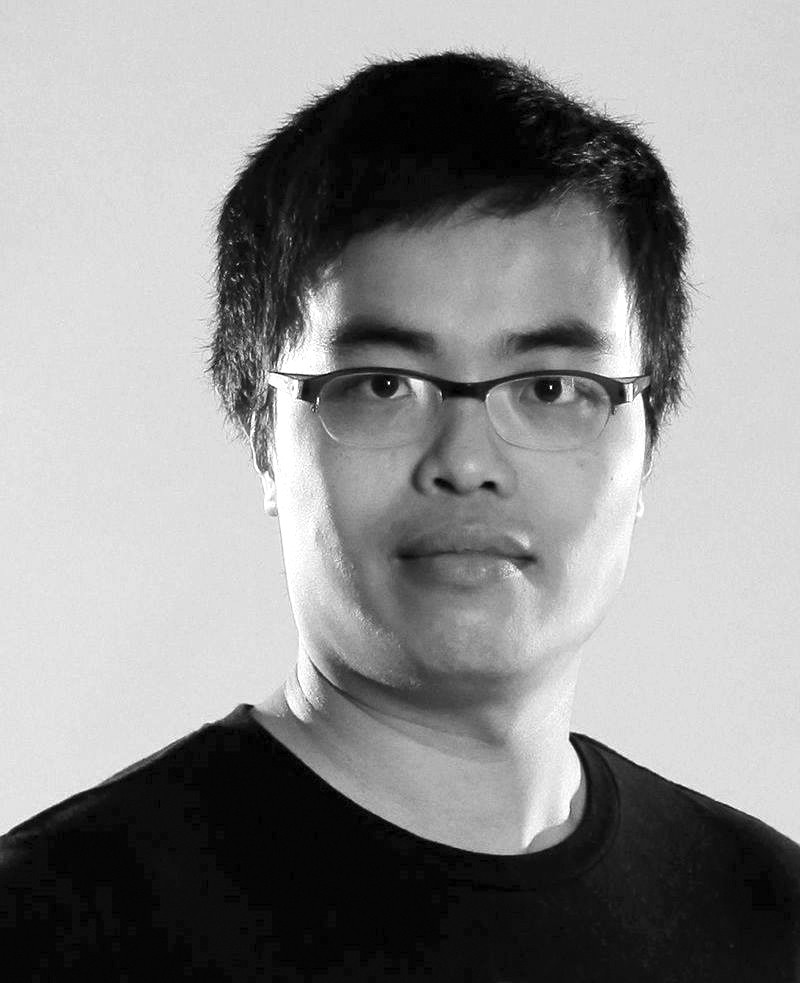
Before the age of modern technology, seafarers of different civilizations from opposite ends of the land devoted themselves to the adventure into the uncharted seas with gallantry. In the vast ocean while heavenly objects offered guidance of direction, no reference point from land is available. Hence one knew only the bearing he was going, but not the distance. This is shown effectively in surviving sea charts where distances between ports were given in days instead of miles. There was simply no way these sailors can measure distance in length but only in the currency of time.
When trains and planes came along, it was said our world was shrunk. It was exactly in the sense of time that it made us living “closer” to one and other. Do you think history only goes one way that we are living in an ever shrinking world?
Sadly the answer is no. When we trade the unit of measurement from square kilometers to minutes of commuting, one would be amazed to find that the great township of Macau has bagged significant “territorial gain” in the recent decade. No we are not talking about those big reclamation projects. Their contribution to the growth can’t compare to the steep increase of traffic time needed to go around the city. In the most realistic sense of time/space, Macau has become a much bigger place to travel within.
City of our size should not have such a big traffic issue. A now-cliche joke suggests it often takes less time to walk than to drive. “Public transportation first” sounds right and we honestly can’t say it’s wrong. What’s wrong is how it is implemented. To government’s credit they DID commit resources, a lot of it, to our bus system. Statistics show us both public spending and ridership skyrocketed in recent years, however efficiency suffered. We have a very developed road system and there are only so many vehicles we can jam in there before it grinds to a halt. This is a textbook example of diminishing marginal returns. Lower fare and more buses on the road does not make your ride any more swift. It just attracts more passengers.
On the other hand, you might be forgiven to think “public transport first” would imply control of total number of cars e.g. discouraging purchase of new cars. Policy was made to encourage owners to give up old cars, it turned out to incentivise drivers to buy new cars given the favorable economy and relatively low cost to own compared to similarly small cities like Hong Kong and Singapore. Folk wisdom decided that if a person is destined to be stuck in the traffic, it’s better to do it in the comfort of his own vehicle rather than a tin of sardine.
To be fair, our administration is not blind to the gridlock. Once the light rail system bore a lot of expectation to solve the great traffic problem. So much so the bus system was expected to go through a major reconstruction to compliment the LRT once it is materialized and solve all the problems. Imagine the embarrassment when “temporary extensions” contracts were signed with bus companies when it became clear the light rail won’t be coming in time nor as helpful as expected.
So Macau expansionism is a real beast, my friends. It feeds on us and it bites.
*Columnist of Plataforma



